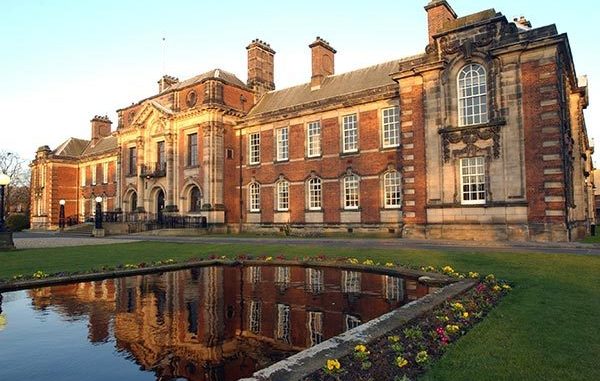
Council tax-payers in North Yorkshire are facing bills of up to three times as much as residents of some of London’s most expensive boroughs, a meeting has heard.
As North Yorkshire County Council’s cabinet pushed forward proposals to increase its council tax demand by two per cent and a further two per cent to cover the spiralling cost of adult social care, its finance boss said he was doing so with “a heavy heart”.
The meeting heard 1,800 responses to its budget consultation and that there had been a shift this year towards more people wanting more restricted increases, where previously there had been acceptance of the need for above inflation council tax rises.
Cllr Dadd, who is also the authority’s deputy leader, said: “This evidence will be paramount with government lobbying. We are now at a tipping point of acceptability over council tax. Some may say this is a bit of a rural revolution.”
The meeting heard the government had created an additional budgeting headache for the authority by proposing that local authorities be banned from using their general funds to subsidise shortfalls in school funding without the approval of the Secretary of State.
Councillors were told the decision could represent recognition of the council’s shortfall in funding for children with special educational needs and disabilities, but unless the government provided extra funding the gap would be £12m over the next four years.
Councillor Gareth Dadd said the root cause of North Yorkshire’s difficulties centred around an unfair formula being used by the government to calculate how much funding councils should receive.
He told members: “It cannot be right, as efficient as we are, that an average band D property council tax in North Yorkshire to be £1,544 and for a band D property in an average inner London borough to be £1,157, with some Westminster, for example, being £433 or £754 if you count the Greater London Authority.
“This inequality has been prevailing for decades under governments of all political colours.”
Accountants say while the owners of million pound homes in London can pay less council tax than people living in an average semi-detached house in North Yorkshire as the value of the housing market has risen faster in London and there hasn’t been a revaluation since 1991, so the council tax system feels out of sync.
In addition, rural councils such as North Yorkshire point to how London boroughs can generate huge amounts of funding through car park charges.
Cllr Dadd called on the government to be robust in its evidence-based assessments when reviewing funding for councils and urged it to “challenge some of those London boroughs to sharpen their pencils as we have ours”.
He said: “Our greatest wish is for the cost of delivering services to be recognised in this fairer funding review.”


Be the first to comment